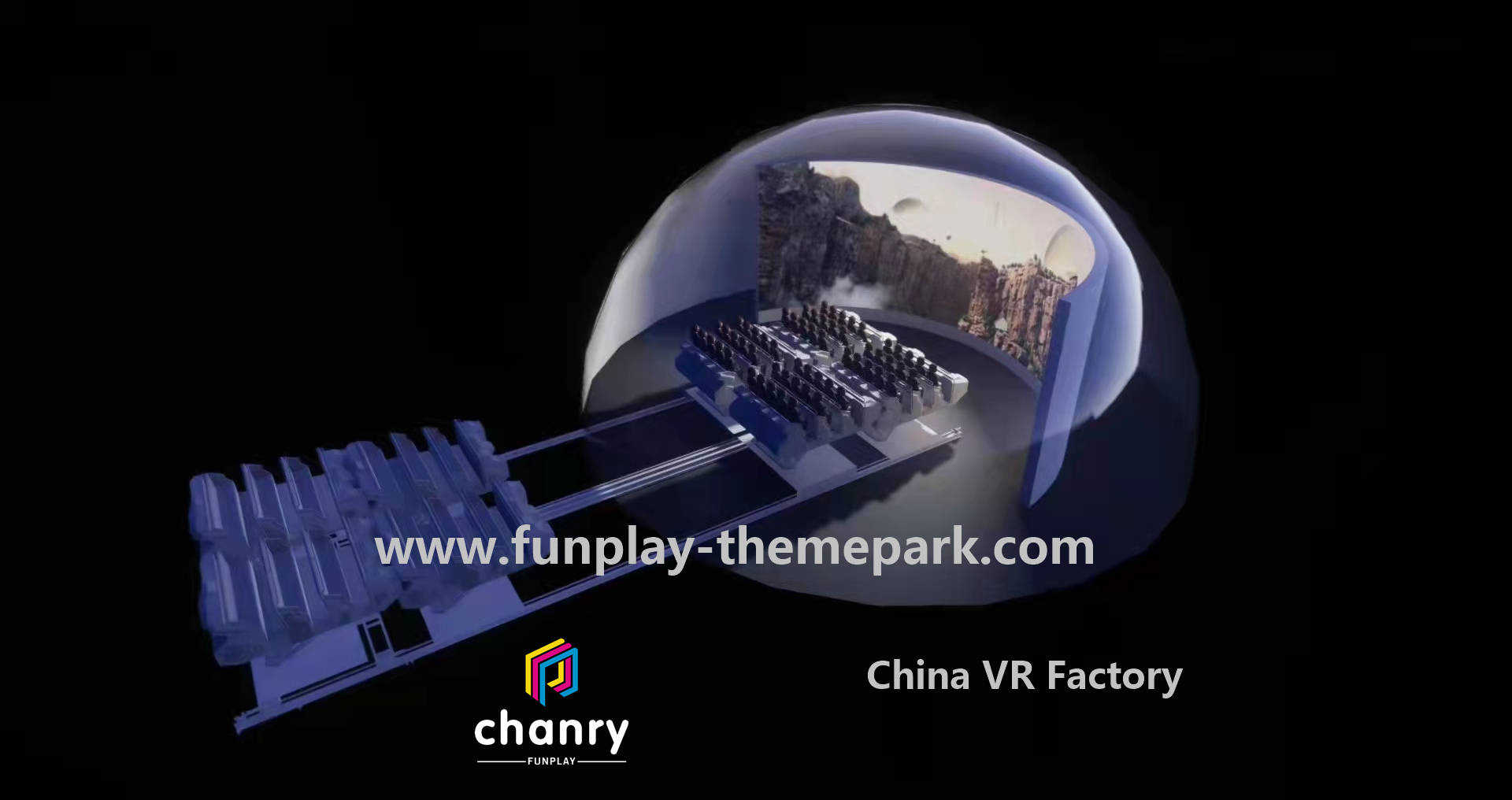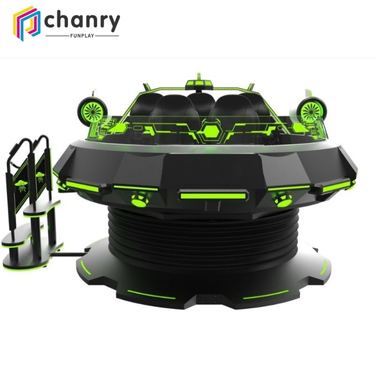The world of CGI (Computer Generated Imagery) is constantly evolving, offering digital artists new software and tools to create captivating spectacles. One such tool that has made a leap in the industry is RealFlow|Cinema 4D by Maxon. The excellent fluid simulation system provides an unmatched level of realism, allowing artists to create engaging experiences spanning different media, from sim racing in VR, to feature films, to interactive VR shooting range games.
Sim Racing in VR versus screen is a hot debate amongst gaming enthusiasts. While screen-based experiences have traditionally dominated the scenario, the immersive nature of VR is transforming the landscape. With VR, you don’t just see a cockpit, you are in the cockpit experiencing the same visceral thrills that real racing drivers feel. The same marrow-deep excitement can also be vicariously lived in a VR shooting range game. While looking at a screen and pressing buttons does offer some level of engagement, wearing a VR headset and physically mimicking the actions bring you into the moment, making you the protagonist of your interactive digital world.
Let’s circle back to RealFlow|Cinema 4D by Maxon, the fulcrum of this discussion. This software’s applications span beyond the aforementioned experiences. Take the movies, for example. CGI has been an integral part of cinema for years. Yet, with advancements like RealFlow|Cinema 4D by Maxon, moviegoers are now witnessing scenes that, despite being computer-generated, are stunningly realistic and tactile.
Like in Sim Racing VR vs Screen, where one can feel the rush of speed and the thrill of competition, VR shooting range games also offer a higher degree of engagement. This feeling of presence has been carried into the cinema with tools like RealFlow|Cinema 4D by Maxon. We’re no longer simply passive viewers. Instead, we are integrated into an environment that, while digital, feels so strikingly real that it blurs the boundaries between reality and simulation.
Despite the strides VR has made in industries like gaming or cinematography, there are still defining moments that arise from non-VR experiences. The debate of Sim Racing VR vs Screen reminds us that there is something captivating about the classic screen setup. It provides a comfortable immersion level that doesn’t quite push boundaries as VR does, but still offers a satisfying experience. This comfort and familiarity is one of the reasons why many people today opt to play a VR shooting range game on their traditional gamingconsole instead of a VR system.
However, the potential of VR, without a doubt, is enormous. This promise is further emphasized when combining VR with notable software engines such as RealFlow|Cinema 4D by Maxon. As these technologies continue to evolve, we can only imagine how the future of the multimedia space will look like. Perhaps in such a future, the debate of Sim Racing VR vs Screen will be an antiquated one, and we’ll all be racing on virtual tracks or fighting virtual battles using VR systems powered by advanced tools like RealFlow|Cinema 4D by Maxon.
To sum up, while traditional screen-based experiences might continue to charm and attract their fair share of enthusiasts, the emergence of immersive VR experiences and high-quality rendering tools such as RealFlow|Cinema 4D by Maxon are set to revolutionize how we interact with and perceive digital environments. Regardless of the medium—be it Sim Racing VR vs Screen, or a good old VR shooting range game—what matters most is how much you’re enjoying the experience. Truly, the future of digital entertainment and design stands bright, promising us an exciting, immersive world that waits just beyond our screens, and sometimes, literally inside them!




